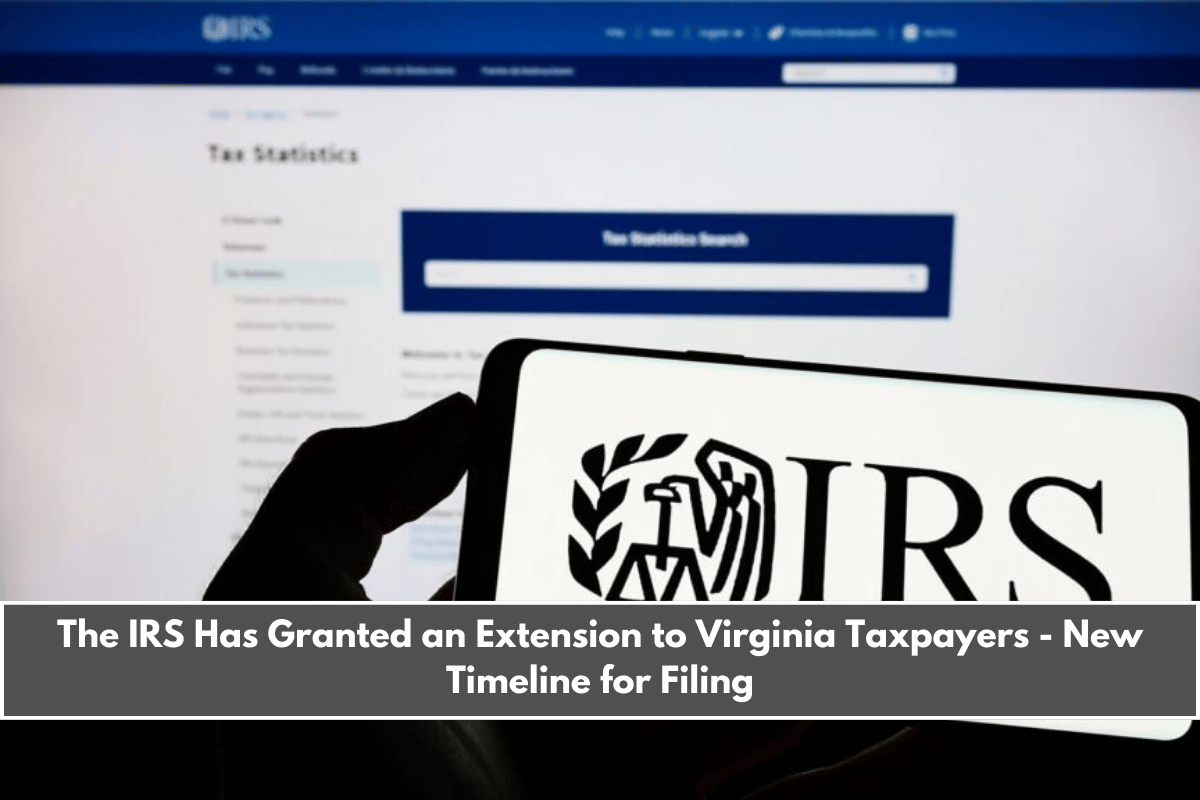Tax season is already underway in the United States, but not everyone can file on time—especially when natural disasters strike. The Internal Revenue Service (IRS) has recently announced special tax relief for individuals and businesses in parts of West Virginia hit by severe weather events starting on February 15, 2025. These include storms, straight-line winds, flooding, landslides, and mudslides.
Residents in affected counties will now have until November 3, 2025, to file their taxes. This extension is meant to ease the burden on those who are still recovering from the damage.
Which Areas Are Covered by the IRS Tax Extension?
The IRS, in coordination with FEMA (Federal Emergency Management Agency), has provided automatic relief to the following West Virginia counties:
Greenbrier, Lincoln, Logan, McDowell, Mercer, Mingo, Monroe, Summers, Wayne, and Wyoming.
More counties may be added in the future depending on how the situation develops.
Who Qualifies and What Is Covered?
If you live in one of the listed counties, you don’t need to do anything—the IRS will automatically apply the tax extension to your account. This relief also applies to businesses and aid workers helping in the area, even if they live elsewhere.
Here’s what the new November 3, 2025 deadline applies to:
- Individual income tax returns and payments due on April 15, 2025
- 2024 IRA and Health Savings Account (HSA) contributions
- Quarterly estimated tax payments due on April 15, June 16, and September 15, 2025
- Quarterly payroll and excise tax returns due on April 30, July 31, and October 31, 2025
- Partnership and S Corporation returns due March 17, 2025
- Corporate and fiduciary tax returns due April 15, 2025
- Tax-exempt organization returns due May 15, 2025
Also, penalties for missing payroll and excise tax deposits due between Feb. 15 and March 3, 2025, will be removed—as long as deposits were made by March 3.
What If You’re Outside the Listed Counties?
If you’re in a neighboring area but were still impacted by the disaster, you’ll need to contact the IRS to request relief. This helps ensure you don’t get charged late fees or penalties for not filing on time.
To apply, call the IRS Disaster Hotline at 866-562-5227. This service is also available to relief workers affiliated with recognized government or charity groups.
Claiming Disaster-Related Losses on Your Tax Return
If you suffered uninsured or unreimbursed losses, you can choose to report them on either:
- The tax return for the year the disaster happened (2025), filed in 2026, or
- The tax return for the previous year (2024), filed in 2025
You have six months beyond the standard filing deadline to make this decision (excluding extensions). That means for individuals, the last date to report 2025 losses is October 15, 2026.
When filing for disaster-related losses, make sure to:
- Use FEMA declaration number 4861-DR on your return
- Refer to IRS Publication 547 for help with claiming disaster or theft losses











Leave a Reply